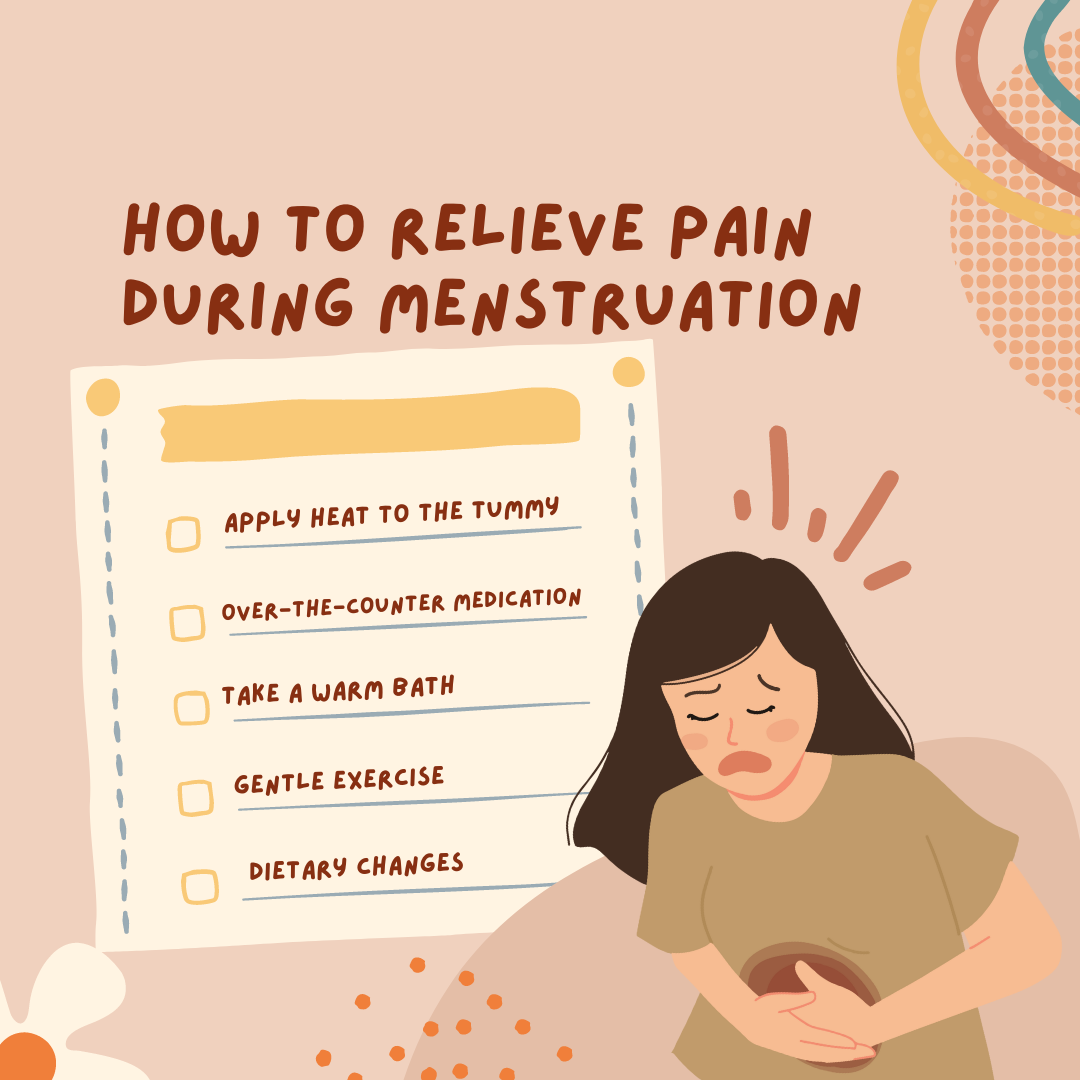Period pain, also known as dysmenorrhea, is a common discomfort experienced by many people who have a period. It’s estimated that around 50% to 90% of women experience some degree of period pain during their reproductive years. For some, the pain can be mild and manageable with over-the-counter pain relievers and home remedies, while for others, it can be severe and life changing. Here are some things to know about period pain.
1. There are different types of period pain. Primary dysmenorrhea is not caused by any underlying medical condition and usually begins within a few years after your first period. Cramping in the lower tummy area, back pain, headaches, and sometimes nausea and diarrhea are common. Secondary dysmenorrhea is linked to an underlying medical condition, such as endometriosis, uterine fibroids, ovarian cysts, or adenomyosis. The pain associated with secondary dysmenorrhea may be more severe and can get worse over time.
2. Common symptoms of period pain may include cramping, low back pain, headaches, nausea, vomiting, diarrhea, and fatigue. The severity of symptoms can vary from person to person and from one period cycle to another.
3. Causes of period pain include the physiology (and genius) of your uterus and hormones. When you get your period, the uterus contracts to help shed its lining. These contractions can temporarily cut off the blood supply to the uterus, leading to pain and discomfort. Who knew? Changes in hormones, such as a temporary increase in prostaglandin levels, can also trigger these contractions.
4. Managing and treating of period pain includes over-the-counter pain relievers (such as ibuprofen or naproxen), applying heat to the tummy, taking a warm bath, gentle exercise, relaxation techniques, dietary changes, hormonal birth control methods (such as pills, patches, or hormonal IUDs). In severe cases, surgery or other medical interventions can address underlying conditions.
5. Healthy lifestyle choices can help reduce the severity of your pain. Stress, lack of exercise or moving in general (we know, it’s hard when you’re in pain), poor nutrition, smoking, and excessive alcohol consumption all play a role in period pain.
6. Talk to a women’s health specialist such as an ObGyn if your pain gets worse, interferes with your daily activities, or doesn’t respond to home remedies. It’s important to listen to your body and seek medical advice if you’re experiencing significant discomfort or if your symptoms are effecting your quality of life.
Our team is at the ready to see you. Make an appointment online or call a Premier Women’s Health of Minnesota clinic near you.

